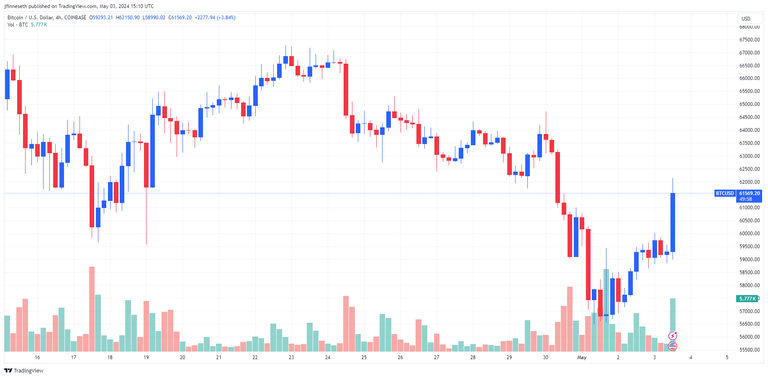The United States Securities and Exchange Commission (SEC) has taken swift action against Utah-based crypto company Digital Licensing Inc., placing a temporary asset freeze as part of an enforcement effort targeting an allegedly fraudulent crypto scheme amounting to $50 million. On August 3rd, the SEC unveiled a series of measures, including a temporary asset freeze and a restraining order, against Digital Licensing Inc., which was operating under the name “DEBT Box.”
The SEC enforcement named four executives of the firm
The enforcement action named the company’s four principals: Jason Anderson, his brother Jacob Anderson, Schad Brannon, and Roydon Nelson. Thirteen other defendants were also implicated in the crackdown. According to the SEC’s allegations, Digital Licensing Inc. had been selling unregistered securities under the guise of “node licenses” since March 2021. The company presented itself on its website as a decentralized and environmentally friendly blockchain platform, boasting the convergence of cryptocurrency and commodities.
It marketed “software mining licenses” that required activation before initiating the mining process. DEBT Box enticed potential investors with the promise of daily rewards tied to various industries such as real estate, commodities, agriculture, and technology. Despite the agency’s regulatory action, the company maintained a significant following on Twitter, with 30,000 followers. However, the value of its native token, DEBT, plummeted by 52% following the SEC’s intervention. The SEC’s complaint outlined the assertion that DEBT Box had propagated false claims about the potential profitability of its “nodes.”
Safeguarding investors amid the rapid growth in the digital economy
The company allegedly misled investors by asserting that these nodes would generate crypto tokens through mining and that the values of these tokens would surge due to revenue-generating businesses. This, in turn, was expected to yield substantial gains for investors. The heart of the matter, as per the agency’s statement, was that the “node licenses” were a smokescreen designed to obfuscate the reality that the total token supply had been generated by the company itself using blockchain code. The SEC’s investigation pointed towards a pattern of deceptive practices employed by the defendants.
Tracy Combs, the director of the body’s Salt Lake Regional Office, stated, “We allege that DEBT Box and its principals lied to investors about virtually every material aspect of their unregistered offering of securities, including by falsely stating that they were engaged in crypto asset mining.” Among the litany of falsehoods attributed to the defendants was the inflation of revenues from businesses that were purportedly boosting token values. The SEC has responded by pursuing permanent injunctions, the recovery of ill-gotten gains, and civil penalties against Digital Licensing Inc.
The enforcement action underscores the body’s commitment to curbing fraudulent activities within the cryptocurrency space. The SEC’s swift response to the alleged crypto scheme highlights the regulatory body’s vigilance in safeguarding investors from potential scams. The case serves as a reminder that the cryptocurrency landscape, while brimming with innovation, also remains susceptible to exploitation by unscrupulous actors. As the industry continues to evolve, regulatory authorities such as the SEC play a crucial role in maintaining integrity and instilling trust in the burgeoning digital financial ecosystem.





